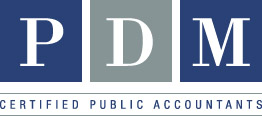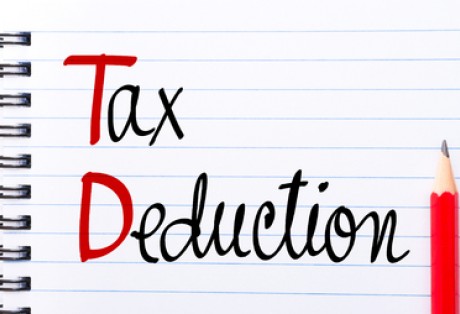Strategy #1: Avoid Penalties For Underpaying Estimated Tax
It’s possible your corporation can qualify for avoiding penalties for underpaying on their estimated tax on 2016. If your company paid estimated installments based on 100% of the tax shown for the previous year, it is possible to avoid the penalty. This “safe harbor” only exists if your corporation has shown a tax liability for the previous year. If you had zero tax liability for 2015, then you are not eligible for this requirement.
It is also possible to defer or accelerate some of your company’s 2016 income into 2017, so that you may pay estimated taxes next year on a smaller income from the previous year. Only certain corporations qualify. To find out how to accelerate or defer some of your income to 2017 to possibly save on 2016 taxes, contact your professional tax preparer.
Strategy #2: Do You Have an Accrual-Basis Business? Deduct 2017 Employee Bonuses from 2016 Taxes
Under certain conditions, accrual-basis business can deduct employee bonuses to be paid in 2017 from the 2016 tax year. Your company may be eligible for this deduction if:
- The employee receiving a bonus owns 50% or less of the business
- The bonus is on the books for the current tax year
- The bonus is paid in the first 2 ½ months of 2017
Certain requirements vary for different kinds of corporations, so it is important to confer with your accountant before planning this deduction.
Strategy #3: Take Advantage of Domestic Production Activities Deduction
Does your business participate in domestic production activity? If so, you may be able to take a deduction based on qualifying domestic production activity.
Your business may qualify if it takes part in any of the following:
- Manufacture, production, growth or extraction of qualifying production property (i.e., tangible personal property such as clothing, goods, or food as well as computer software or music recordings) by a taxpayer either in whole or in significant part within the U.S.
- Construction or substantial renovation of real property in the U.S., including residential and commercial buildings and infrastructure such as roads, power lines, water systems, and communications facilities.
- Engineering and architectural services performed in the U.S. and relating to the construction of real property.
More guidelines about making these deductions are listed under Code Section 199 of the Tax Code. To find out more about the deduction, be sure to discuss the options with your tax expert.
Need to Know More About last Minute Tax Planning?
Need help estimating your expected tax liability and devising ways to reduce your tax bill in 2017 and beyond? PDM’s tax experts can help advise you on the best course of action. Contact us; with our years of technical experience, advanced training, and cutting edge technology, we are your financial partner.


